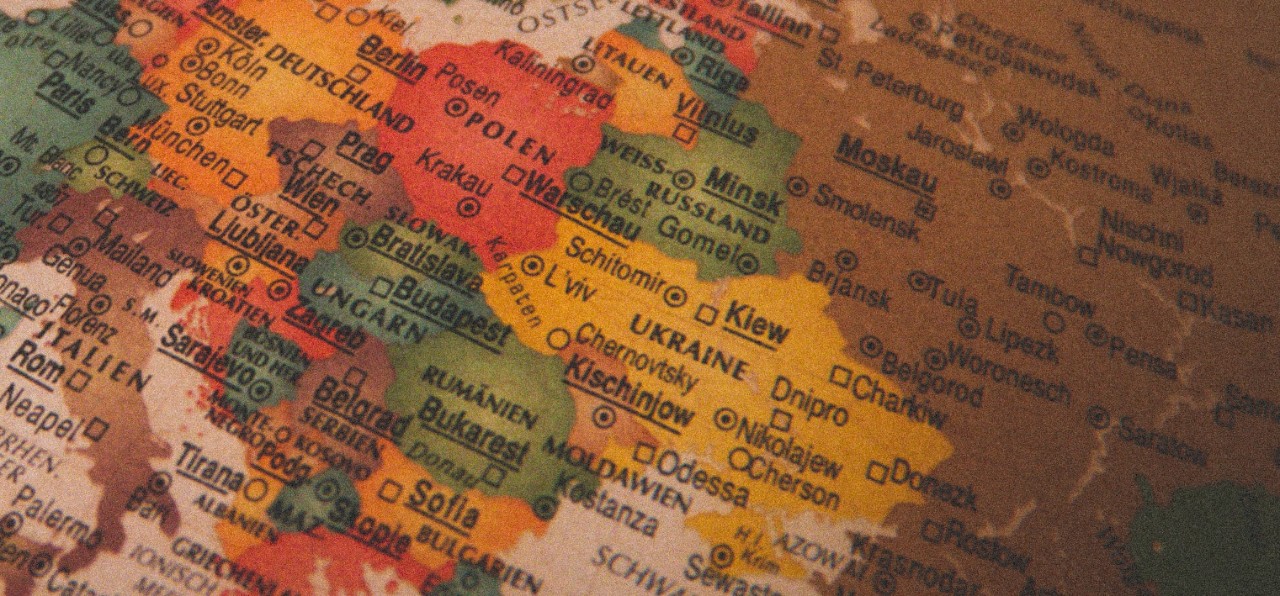
WLW: Russia and the Ukraine
Political scientist Brendan Green speaks to rising tensions at the Russia/Ukraine boarder
Tensions in Eastern Europe, between Russia and the Ukraine, have all the markings of an possible Russian invasion, which has U.S. officials acting as mediator. The Ukraine is not a member of NATO, which the U.S. would be bound to defend if it were. NATO stands for North Atlantic Treaty Organization. It was formed in 1949 to provide collective security against the threat posed by the Soviet Union.
In the interview Green, an associate professor in UC's Department of Political Science, explains the political and economic ramifications should Russia's leader, Vladimir Putin, decide to invade.
“There’s a rocky road ahead and if Putin decides to launch a war then U.S./Russian relations are going to go in the toilet for a fair period of time,” UC political scientist Brendan Green told WLW in a segment devoted to the current crisis.
While neither the Ukraine, nor Russia, are members of NATO, President Biden is trying to negotiate with Putin to avoid conflict. The Ukrainian military, Green says, is outnumbered, outgunned and inferior in every way to the Russian army and could not withstand a military attack.
Featured image of map at top courtesy of Unsplash.
Impact Lives Here
The University of Cincinnati is leading public urban universities into a new era of innovation and impact. Our faculty, staff and students are saving lives, changing outcomes and bending the future in our city's direction. Next Lives Here.
Related Stories
OTR mural celebrates UC alumni success
April 4, 2025
The UC Alumni Association, UCAA, will mark its annual Alumni Celebration during its upcoming Alumni Week, April 7-13, with a community art project commemorating this year’s slate of alumni honorees receiving the organization’s top awards.
UC Journalism to host Hall of Fame, Young Alumni Awards
Event: April 24, 2025 6:00 PM
The College of Arts and Sciences’ journalism department will host the Hall of Fame and Young Alumni Awards to celebrate the achievements and accomplishments of its graduates. Induction into the UC Journalism Hall of Fame is a special honor reserved for UC alumni who have excelled in the profession of journalism and media, or individuals who have made a significant contribution to journalism at UC.
Bradford pear trees look pretty, smell awful. Why are they...
April 2, 2025
WLWT talks to UC biology Professor Theresa Culley about Ohio's ban on the sale or planting of nonnative and invasive pear trees. The trees are showing up in many parks and wild areas where they are crowding out native species.
